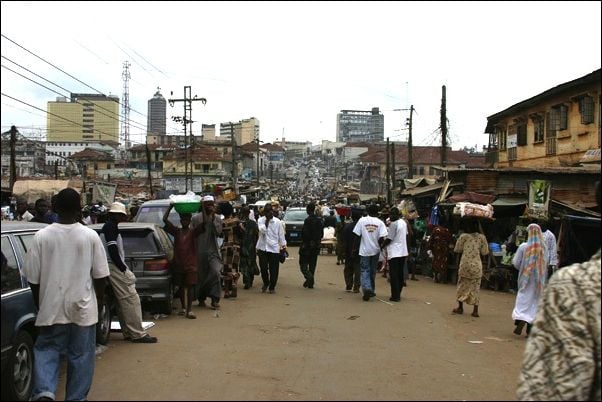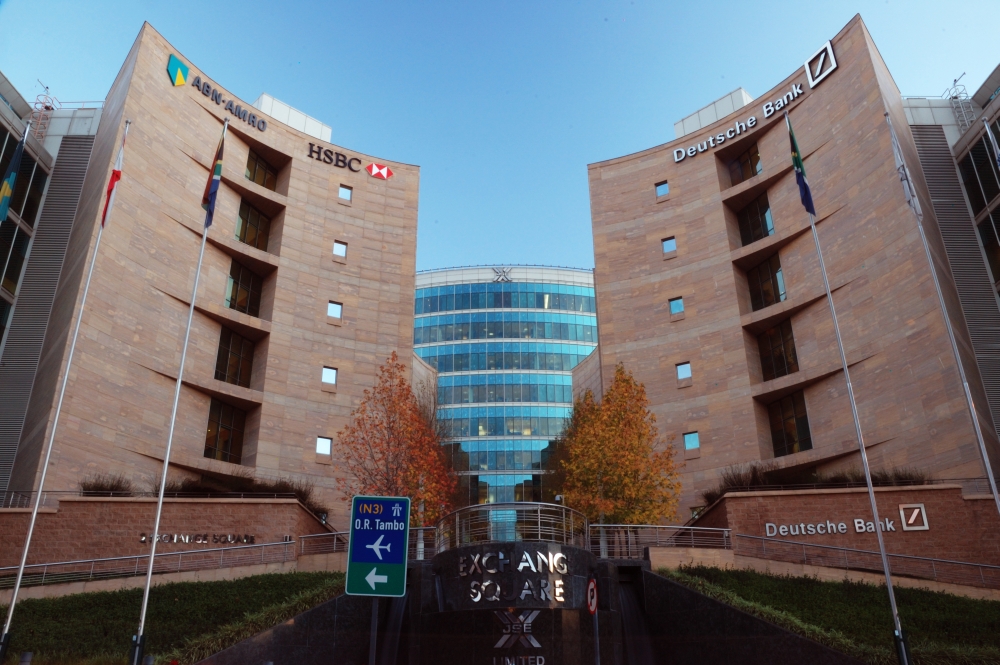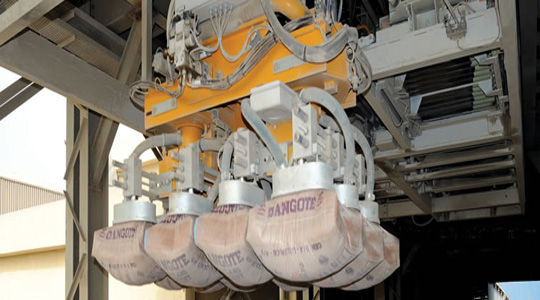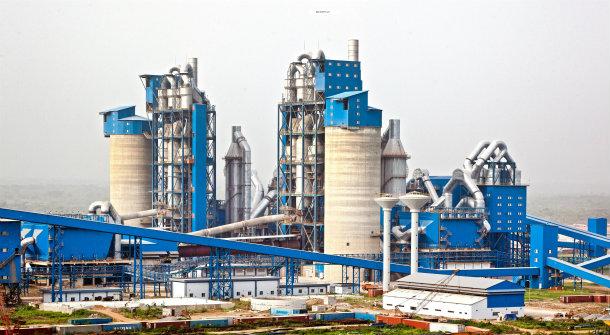Chief executive officer of the National Competitiveness Council of Nigeria (NCCN), Mr. Chika Mordi, has faulted the recently released World Economic Forum Global Competitive Index (GCI) ranking, saying it does not truly reflect the present realities of the country’s GDP.
Mordi told ThisDay that although the GCI referred to Nigeria as Africa’s largest economy, which is its present position following a GDP rebasing early this year, the World Economic Forum used the old GDP figures to calculate Nigeria’s economic position on the recently-released result.
According to the new Global Competitive Report (GCR) 2014-2015, an annual publication by Swiss-based World Economic Forum, Nigeria dropped seven places to the 127th position this year.
The GCI report had measured 144 countries across the globe.
Advertisement
The Global Competitive Rankings are based on the Global Competitive Index, which was introduced by WEF in 2004 to create a comprehensive picture of a country’s economic performance.
The pillars used to measure competitiveness are: institutions, infrastructure, macroeconomic environment, health, primary education, higher education and training, goods market efficiency, labour market efficiency, financial market development, technological readiness, market size, business sophistication, and innovation.
However, the new result is a blow to the recent achievements recorded by Nigeria this year, economically.
Advertisement
Aside the favourable GDP growth and economic prospect recorded so far, this year, Nigeria became Africa’s largest economy, overtaking South Africa after rebasing its GDP in February. It also hosted the World summit for WEF in Abuja in April for the first time ever.
But the recent ranking indicates that despite the laudable achievements and policies put in place by the Nigerian government, the country’s economy is yet to get its global competitive footing on the on the GCI.
The new result shows that Nigeria continues a downward spiral among competitive economies of the world.
On the Global Competitiveness Report 2013-2014, Nigeria dropped five places from the previous year’s 115th position to 120th. One hundred and forty eight countries were surveyed in that report.
Advertisement
In the new report, Nigeria fared worst when put in par with top emerging markets globally. It was the only developing country in this category that had a huge slip on the GCI ranking.
The GCR identified weakened public finances caused by lower oil exports, insufficiently protected property rights, high corruption, and undue influence as major factors that caused Nigeria’s position on the Global Competitive index to drop sharply.
The increasing threat of Boko Haram insurgency on the nation’s security also affected growth on the GCR index as the country ranked 139 out of 144 countries with provision of adequate security to do business.
Although Mordi agreed with GCR that Boko Haram and weaker institutions were key factors that pulled Nigeria down on the GCI ranking, he argued the WEF GCI did not reflect the actions taken by the country this year.
Advertisement
“The WEF GCI is a lagging indicator and does not reflect the actions taken this year. We expect an improvement and better alignment with reality in subsequent years,” he said.
The new competitive report wasn’t all bad news, as Nigeria excelled in areas regarding large market size (33rd out of 144) which bears the potential for significant economies of scale; efficient labour market (40th out of 144) driven by its flexibility (20th out of 144) and a solid financial market (67th out of 144).
Advertisement
The report however noted that “poor availability and affordability of finance in general and the difficulties in obtaining loans in particular (137th) remain an important bottleneck to economic growth.”
It advised Nigeria to continue to upgrade its infrastructure (134th) as well as improve its health and primary education (143rd).
Advertisement
It also noted that the country is not harnessing the latest technologies for productivity enhancements, as demonstrated by its low rates of ICT penetration.
Meanwhile, Switzerland emerged top on the ranking for the sixth consecutive year, and was closely followed by Singapore, USA, Finland and Germany respectively.
Advertisement
In Africa, Mauritius remains the most competitive economy. The country ranked 39th position on the GCI (from 45 the previous year), reaffirming its position as the continent’s most competitive economy.
Ethiopia also recorded the biggest leap on the index among African nations, rising nine places to 118th.
Gabon was the highest-ranked economy (106th) among oil-exporting African nations featured on the index.
Other notable African nations on the index include Africa’s second largest economy – South Africa which dropped to 56th , Botswana at 74th position, as well as Namibia, Zambia, Ghana, Senegal and Swaziland who took 88th, 96th, 111th, 112th and 123rd positions respectively.
Angola and Chad remained at the bottom of the index at position 140 and 143 accordingly.






